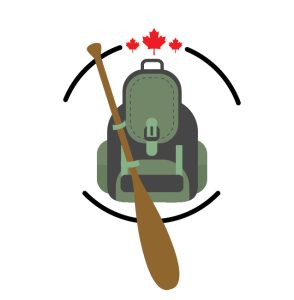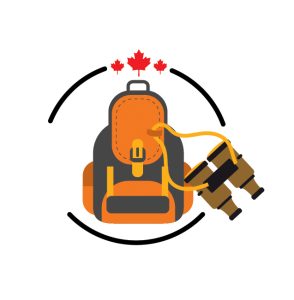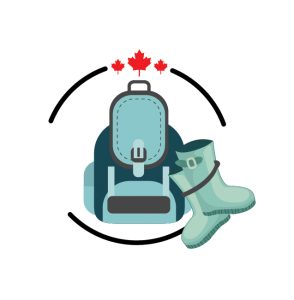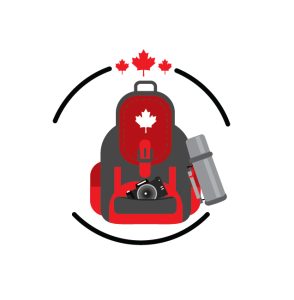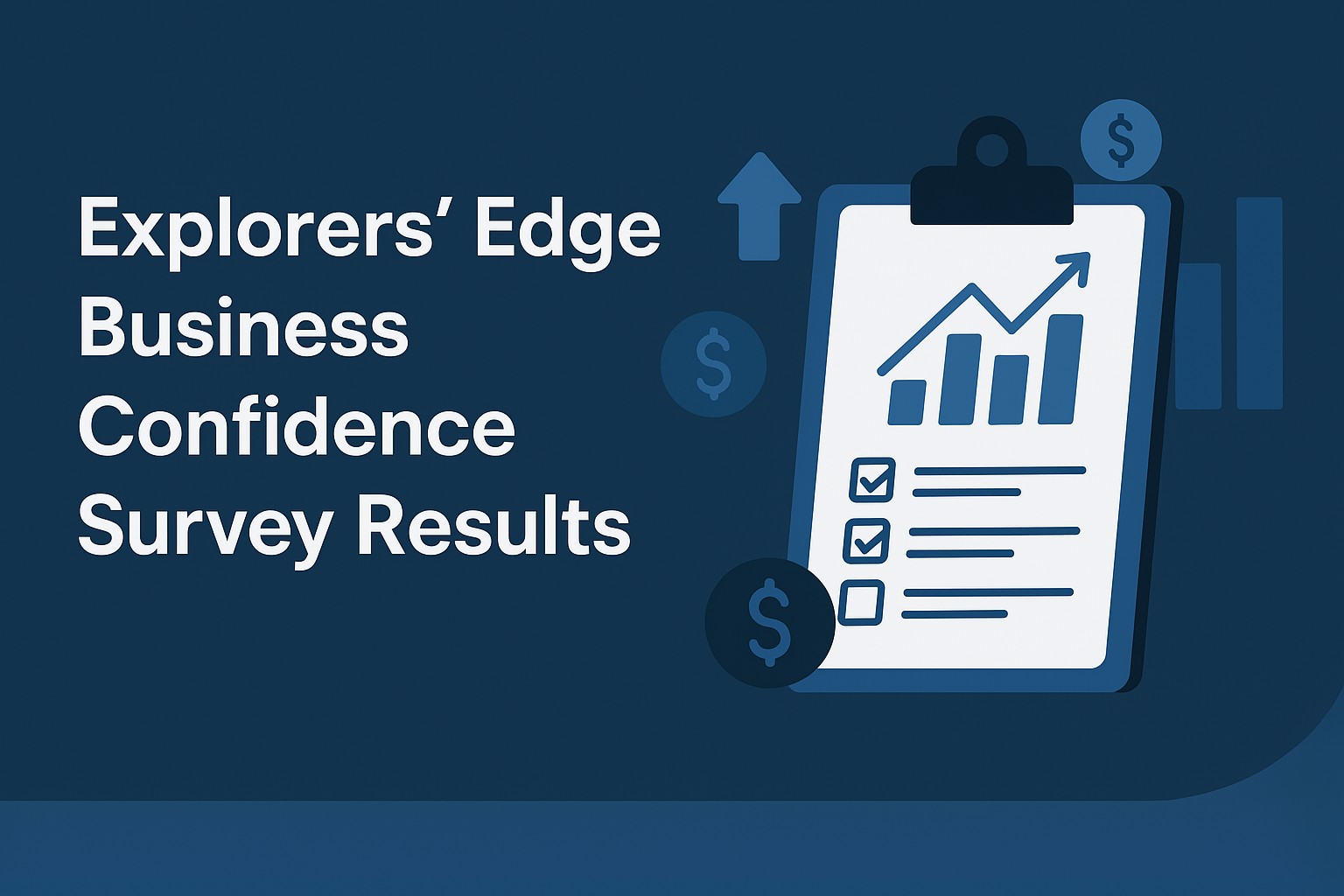
2025 Business Confidence Survey in Context
Executive Summary
The 2025 Explorers’ Edge Business Confidence Survey reveals a shifting landscape for tourism operators in the region, characterized by cautious optimism and ongoing challenges. Business confidence has dropped significantly from 2022 levels, with only 39% of respondents feeling “very” or “extremely” optimistic about achieving their goals, and pessimism rising to its highest level yet at 24%. While staffing concerns have eased—only 20% of operators now express pessimism in this area—economic uncertainty, rising costs, and weakened visitor demand continue to weigh heavily on the sector. Revenue expectations have also declined, with more operators expecting losses than gains for the first time, reflecting broader national trends in tourism. Investment sentiment remains split, as inflation and high interest rates cause many small operators to delay expansion plans. Notably, inflation and a drop in visitor volume have emerged as the top barriers to growth, marking a shift from supply-side to demand-side concerns. Larger urban-based tourism operators report stronger metrics, such as record-high hotel revenues, but they too face challenges related to labor and declining business travel. Overall, the region enters the 2025 peak season with a sense of guarded caution, as operators recalibrate expectations in the face of persistent economic headwinds and shifting travel behaviors.
Larger Tourism Operators: Stronger Metrics, Similar Concerns
According to our desk research, while small operators show cautious to negative outlooks, larger tourism businesses are more optimistic, especially in cities. CBRE occupancy data showed record-high RevPAR and ADR in Canadian hotels in early 2025, indicating strong pricing power and pent-up demand. Large operators expect solid international interest this year, especially from tourists buoyed by a weak Canadian dollar and turned off travel to the USA thanks to the Trump administration.
However, this optimism is tempered by the same structural issues: high labour costs, inflation, and uneven demand in the business travel segment. According to a global travel manager survey, 71% of Canadian corporate travel buyers expect to cut business travel budgets in 2025, this will hurt downtown hotel and event space bookings.
Conclusion: Uncertainty Prevails
Tourism operators across Ontario and Canada—including those in the Explorers’ Edge region—are approaching the 2025 peak season with measured expectations shaped by ongoing economic and industry shifts. The initial optimism of the post-pandemic rebound has been replaced by a more pragmatic outlook focused on operational stability. Businesses are adjusting to a new normal: staffing pressures have eased somewhat, but inflation and reduced visitor volumes remain critical concerns. While a weaker Canadian dollar may help draw international travelers, factors such as strained U.S.-Canada relations, increased border scrutiny, and a continued decline in business travel pose real risks to sustained growth. As operators navigate these complexities, many are prioritizing cautious budgeting, targeted investment, and adaptive marketing to remain resilient in an unpredictable tourism environment.

